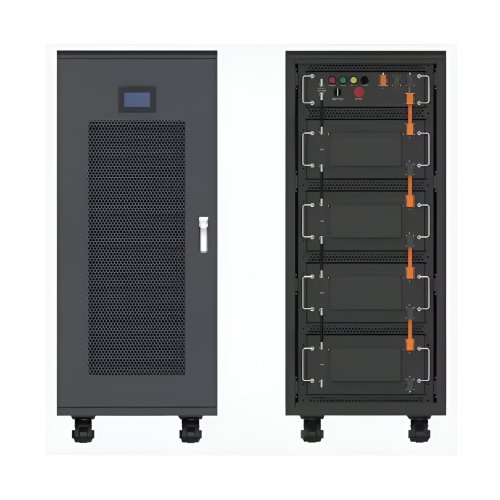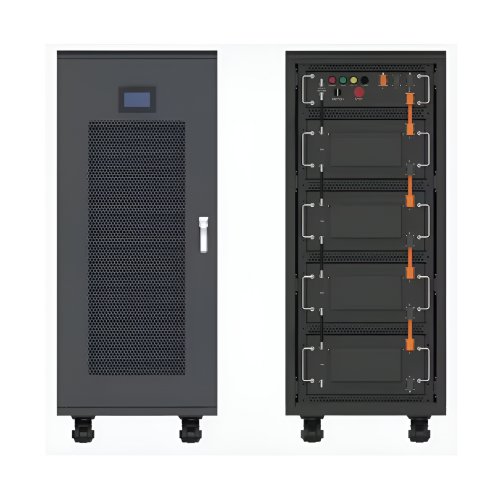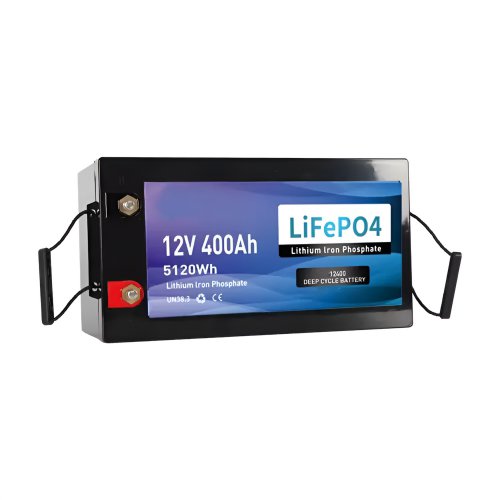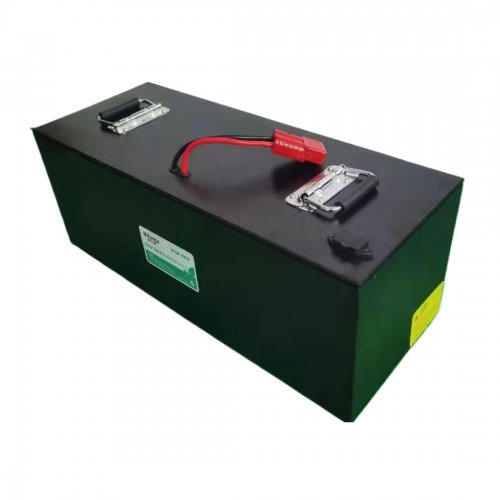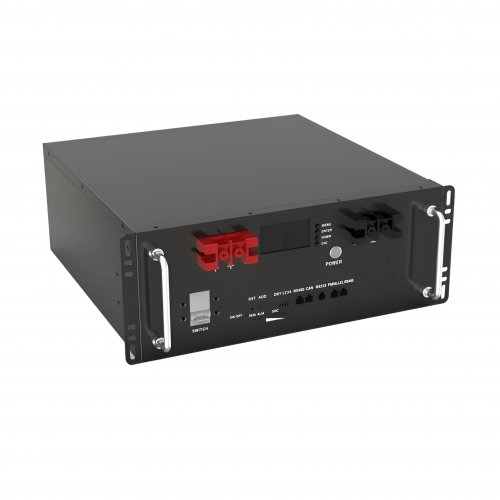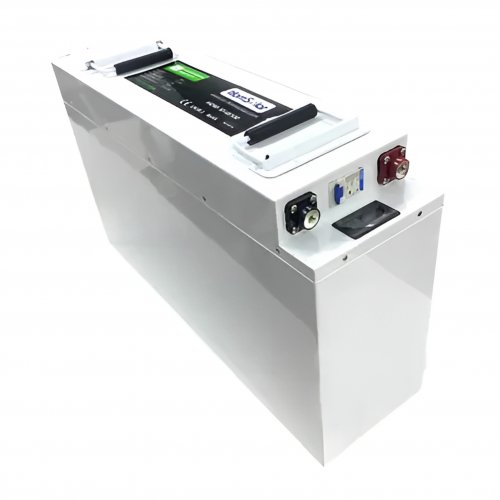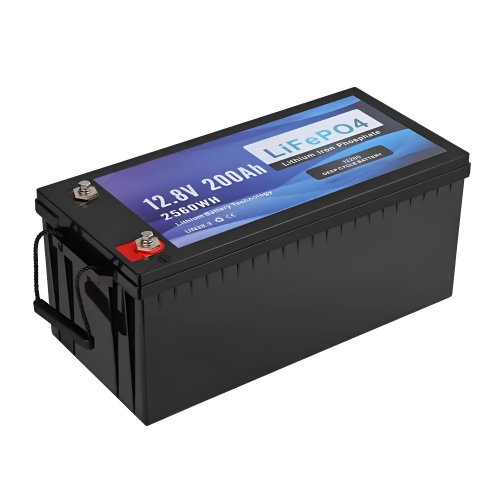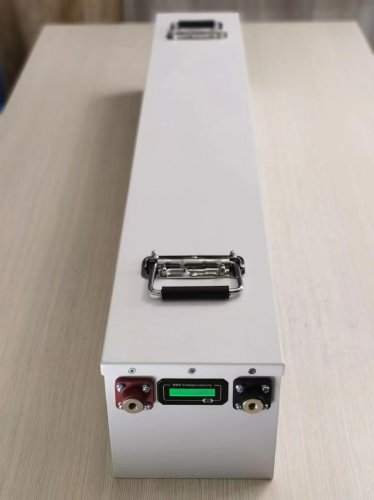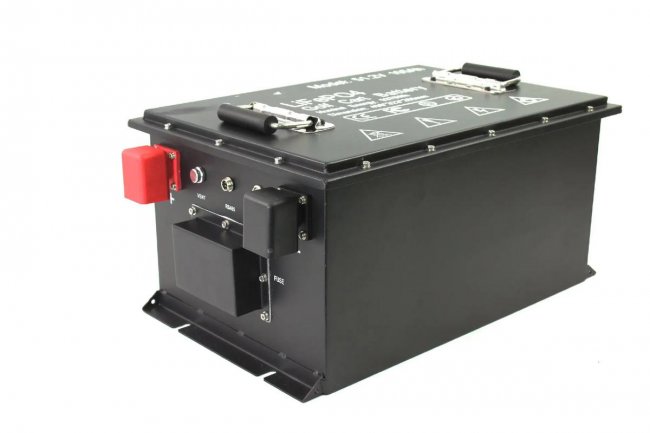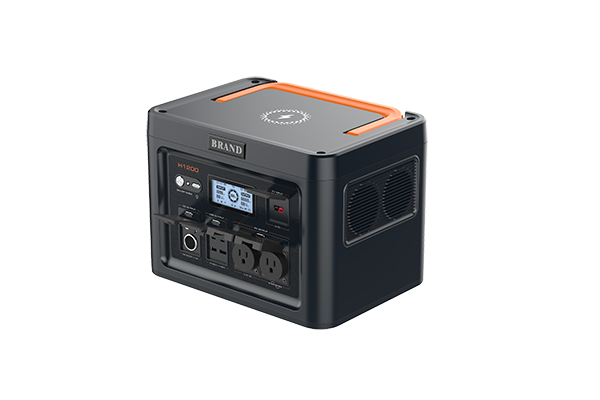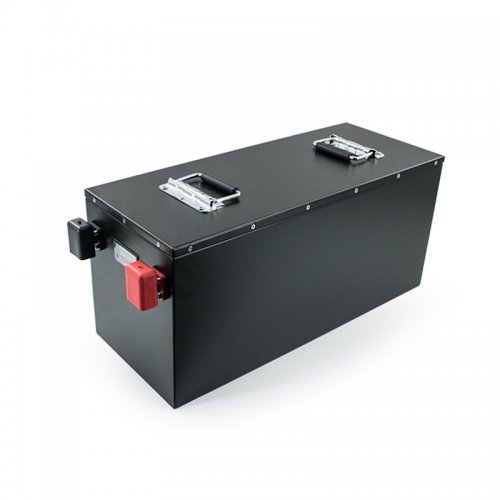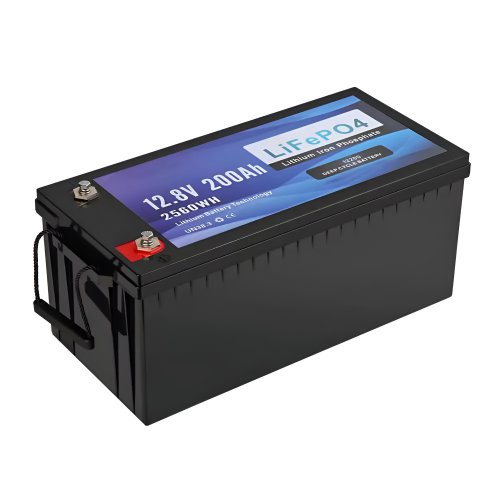Cycle Testing Results Review: Unmatched Accuracy And Comprehensive Data Analysis
In the increasingly data-driven world of cycling, from professional training to dedicated amateur pursuits, the tools we use to measure performance are paramount. Power meters, smart trainers, and head units have become the holy trinity for the serious cyclist. This review, centered on extensive cycle testing results, delves into the Stryd Duo Power Meter and Garmin Rally Pedals, two top-tier contenders, to objectively assess their real-world performance beyond manufacturer claims. Our testing regimen was designed to evaluate consistency, accuracy, connectivity, and the overall value of the data provided.
Product Functionality and Core Features
Both products serve the same primary function: measuring the power a rider outputs in watts. However, their methodologies and secondary data sets differ significantly.
The Stryd Duo is a dual-sensing wind meter and power meter that attaches to the shoelaces of any cycling shoe. Its unique selling proposition is its running power measurement heritage, now fully applied to cycling. It calculates power using a complex algorithm that incorporates wind speed, air density, gradient, and kinetic energy, in addition to traditional force and motion data. It transmits standard power, cadence, and speed data via ANT+ and Bluetooth. Crucially, it also provides running-style metrics like Form Power, Leg Spring Stiffness, and a proprietary Critical Power reading, aiming to offer a holistic view of metabolic effort.
The Garmin Rally series (we tested the RK200 dual-sided model) are power meter pedals that replace a bicycle’s standard pedals. They use strain gauges in the pedal spindle to directly measure force applied to each pedal. This allows for highly detailed left/right balance data, measuring individual leg power output down to a 0.5% resolution. They transmit a rich dataset including total power, left/right balance, cadence, and pedal smoothness via ANT+ and Bluetooth. Their design is familiar to any user of Look Keo-compatible cleats and offers easy transferability between bikes.
Cycle Testing Results: The Data-Driven Verdict
Our testing involved multiple controlled indoor sessions on a calibrated smart trainer (Wahoo KICKR) and numerous outdoor rides on varying terrain, from flat time trial efforts to steep, punchy climbs.
Accuracy and Consistency: This is the cornerstone of any power meter review. On the indoor trainer, where environmental factors are eliminated, both units were remarkably close to the KICKR’s own reading, typically within a +/- 1.5% margin. The Garmin Rally’s direct force measurement showed near-flawless repeatability across interval sessions.
Outdoors, the story became more nuanced. The Garmin Rally pedals continued to deliver exceptionally consistent and believable numbers. The instant responsiveness to changes in effort—a hard sprint out of the saddle—was immediate and matched perceived exertion.
The Stryd Duo also performed admirably. However, its algorithmic nature means it can be susceptible to environmental calibration. On a particularly gusty day, we observed slight, short-lived fluctuations in power readings that did not always align with a clear change in pedal force. These were minor (typically 5-10 watts) and often smoothed out over a longer average, but purists seeking absolute real-time accuracy might note this. Its strength lies in the consistency of itseffortmeasurement across varying conditions; it aims to tell you how hard you are working metabolically, not just the mechanical watts you are producing.
Left/Right Balance Data: This is where the Rally pedals have an undeniable advantage. The detailed breakdown of power distribution is invaluable for identifying and correcting muscle imbalances or monitoring recovery from an injury. The Stryd, being a single-point measurement, cannot provide this data.
Ease of Use and Connectivity: The Rally pedals install like any standard pedal and pair effortlessly with head units. Their battery life is excellent, and charging is simple via a magnetic USB cable. The Stryd requires clipping onto the shoe and ensuring it’s oriented correctly. Its battery life is also very good. Both connected without a single dropout to Garmin, Wahoo, and Hammerhead head units during our tests.
The User Experience: Beyond the Numbers
Living with these devices reveals their philosophical differences. The Garmin Rally feels like a precision surgical instrument. The data is direct, immediate, and incredibly detailed. For a cyclist focused on biomechanics, perfecting their pedal stroke, or following a structured training plan that relies on flawless instantaneous power feedback, the Rally is arguably unmatched. It integrates seamlessly into the existing Garmin ecosystem, making its data easy to interpret within the Garmin Connect platform.
The Stryd Duo offers a more holistic, almost cerebral experience. Its value shines on group rides or races where wind, drafting, and terrain constantly change. Its power number attempts to normalize these variables, potentially giving a better metric of true physiological cost. For the athlete who also runs, the ability to have a single power metric across both sports is a huge benefit. The Stryd app and its focus on Critical Power provide a different, highly effective model for training prescription.
The Balanced Perspective: Advantages and Disadvantages
Garmin Rally Pedals (RK200)Advantages: Unmatched direct force measurement accuracy; invaluable left/right balance data; instant power response; easy to swap between bikes; excellent build quality and battery life.Disadvantages: Higher initial cost; uses a specific cleat system (Look Keo); potential vulnerability in a crash; the detailed data can be overwhelming for some.
Stryd Duo Power MeterAdvantages: Highly consistent measurement of metabolic effort; unique running power capability; provides running-form metrics; not bike-specific, so one unit works on every bike; less vulnerable in a crash.Disadvantages: Algorithmic calculations can cause minor fluctuations in highly variable conditions; no left/right power data; requires a specific shoe mount; the value of its unique metrics may not be realized by all users.
Conclusion
There is no single "best" power meter; the choice is deeply personal and depends on the rider's goals. Based on our cycle testing results, if your priority is absolute, direct-force accuracy and detailed biomechanical feedback, the Garmin Rally pedals are the definitive choice. They are a benchmark in the industry for a reason.
However, if you seek a universal metric for effort across cycling and running that neutralizes environmental variables, and value portability above split-leg data, the Stryd Duo presents a compelling and innovative alternative. It successfully translates a complex set of inputs into a reliable and highly useful measure of performance. Both products excel in their intended design philosophy, and consumers can be confident in the integrity of the data either one provides.
Customized/OEM/ODM Service
HomSolar Supports Lifepo4 battery pack customization/OEM/ODM service, welcome to contact us and tell us your needs.


HomSolar: Your One-stop LiFePO4 Battery Pack & ESS Solution Manufacturer
Our line of LiFePO4 (LFP) batteries offer a solution to demanding applications that require a lighter weight, longer life, and higher capacity battery. Features include advanced battery management systems (BMS), Bluetooth® communication and active intelligent monitoring.

Customised Lithium Iron Phosphate Battery Casing
ABS plastic housing, aluminium housing, stainless steel housing and iron housing are available, and can also be designed and customised according to your needs.

HomSolar Smart BMS
Intelligent Battery Management System for HomSolar Energy Storage System. Bluetooth, temperature sensor, LCD display, CAN interface, UART interface also available.


Terminals & Plugs Can Be Customized
A wide range of terminals and plugs can be customised to suit the application needs of your battery products.

Well-designed Solutions for Energy Storage Systems
We will design the perfect energy storage system solution according to your needs, so that you can easily solve the specific industry applications of battery products.



About Our Battery Cells
Our energy storage system products use brand new grade A LiFePO4 cells with a battery lifespan of more than 4,000 charge/discharge cycles.



Applications in Different Industries
We supply customized & OEM battery pack, assemble cells with wiring, fuse and plastic cover, all the cell wires connected to PCB plug or built BMS.
Applications: E-bike, Electric Scooter, Golf Carts, RV, Electric Wheelchair, Electric Tools, Robot Cleaner, Robot Sweeper, Solar Energy Storage System, Emergency Light, Solar Power Light, Medical Equipment, UPS Backup Power Supply.
We can provide you with customized services. We have the ability to provide a vertical supply chain, from single cells to pack/module and to a complete power solution with BMS, etc.


HomSolar (Shenzhen) Technology Co., Ltd







